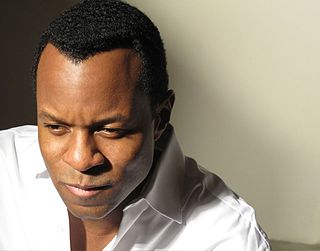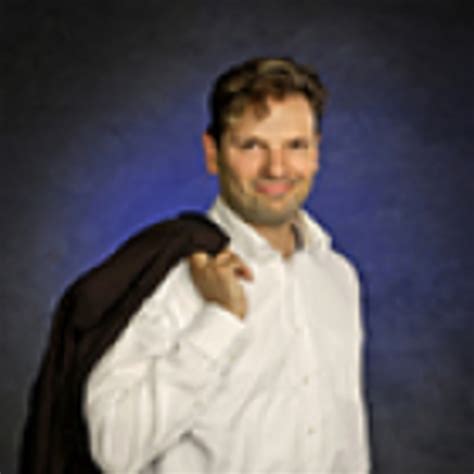A Quote by Al Gore
At some point, a false belief collides with physical reality.
Related Quotes
The point is that we are all capable of believing things which we know to be untrue, and then, when we are finally proved wrong, impudently twisting the facts so as to show that we were right. Intellectually, it is possible to carry on this process for an indefinite time: the only check on it is that sooner or later a false belief bumps up against solid reality, usually on a battlefield.
My point taken further is that True and False (hence what we call "belief") play a poor, secondary role in human decisions; it is the payoff from the True and the False that dominates-and it is almost always asymmetric, with one consequence much bigger than the other, i.e., harboring positive and negative asymmetries (fragile or antifragile). Let me explain.
The belief in an external world independent of the perceiving subject is the basis of all natural science. Since, however, sense perception only gives information of this external world or of "physical reality" indirectly, we can only grasp the latter by speculative means. It follows from this that our notions of physical reality can never be final. We must always be ready to change these notions - that is to say, the axiomatic basis of physics - in order to do justice to perceived facts in the most perfect way.
Until the content of a belief is made clear, the appeal to accept the belief on faith is beside the point, for one would not know what one has accepted. The request for the meaning of a religious belief is logically prior to the question of accepting that belief on faith or to the question of whether that belief constitutes knowledge.
I keep thinking my father gave me Turgenev, and then I realize at some point, Oh, this is a false memory. I mean, that's one of the things that interests me about memoir. It should be as much about how we remember, and that includes false memories, and the realization that one is having a false memory. That's the kind of an interesting way of layering the whole experience of recollection.
We're all looking from the point of view of our own reality tunnels. And when we begin to realize that we're all looking from the point of view of our own reality tunnels, we find that it is much easier to understand where other people are coming from. All the ones who don't have the same reality tunnel as us do not seem ignorant, or deliberately perverse, or lying, or hypnotized by some mad ideology, they just have a different reality tunnel. And every reality tunnel might tell us something interesting about our world, if we're willing to listen.
We're not in the physical world. The physical world is in us. We create the physical world when we perceive it, when we observe it. And also we create this experience in our imagination. And when I say "we," I don't mean the physical body or the brain, but a deeper domain of consciousness which conceives, governs, constructs and actually becomes everything that we call physical reality.
Until now, physical theories have been regarded as merely models with approximately describe the reality of nature. As the models improve, so the fit between theory and reality gets closer. Some physicists are now claiming that supergravity is the reality, that the model and the real world are in mathematically perfect accord.
































